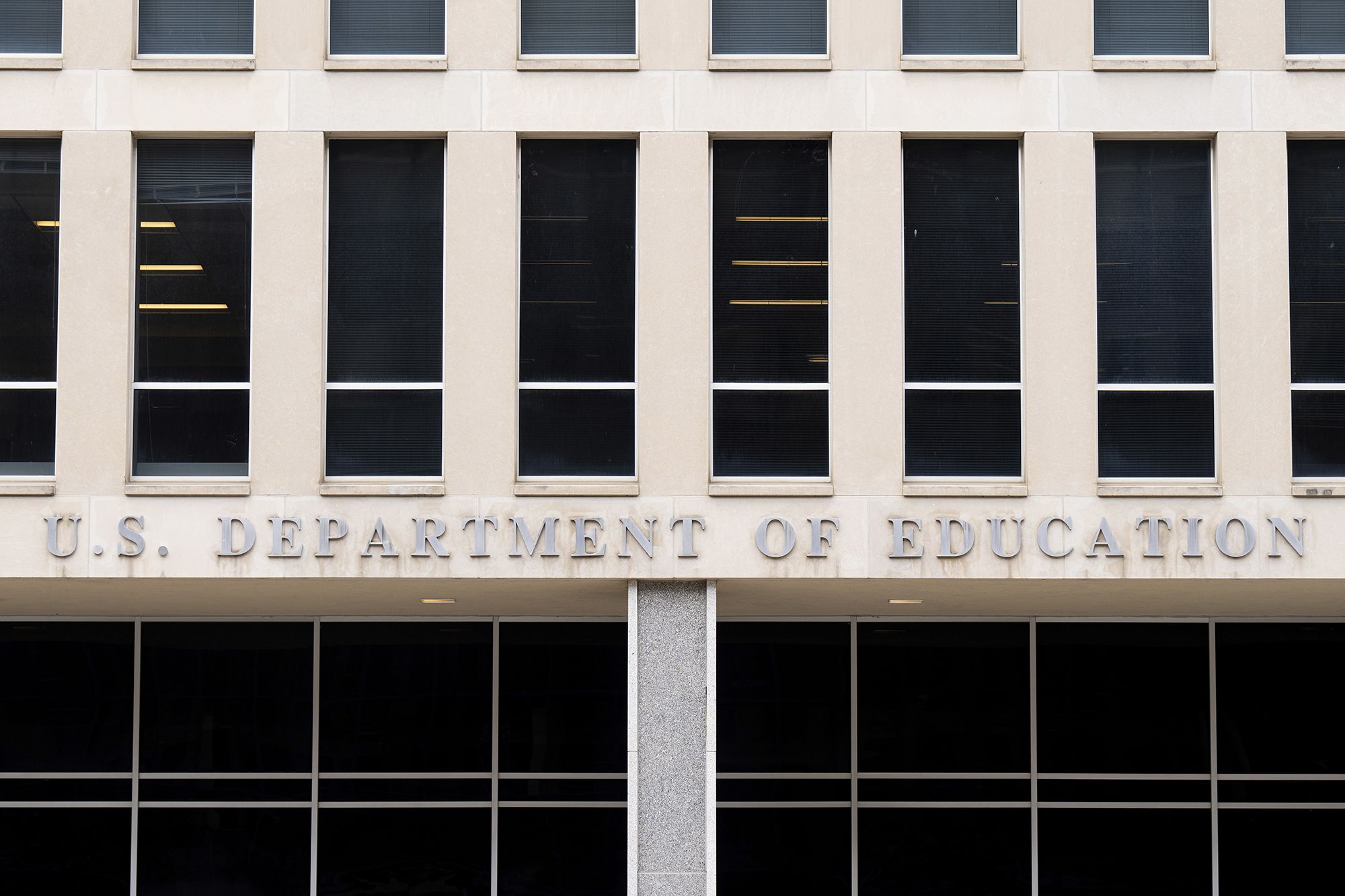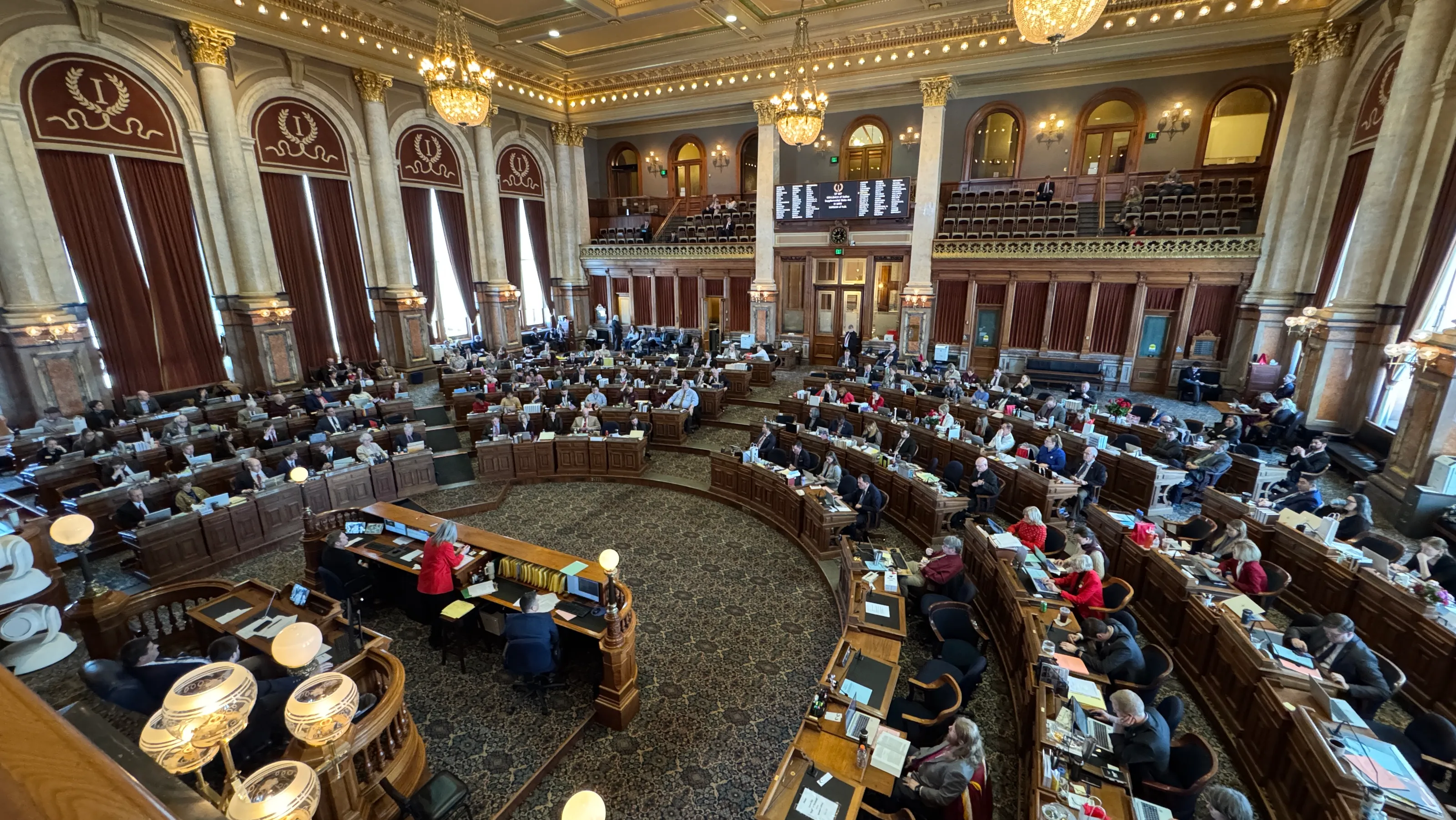The Trump administration"s latest move to withhold nearly $6.8 billion in federal funding for K-12 schools is a brazen attack on the education system, directly jeopardizing the futures of countless students across the nation. Starting July 1, the funds that school districts and state governments had banked on for essential services and salaries will not flow, leaving vulnerable communities to fend for themselves.
Funding Crisis Hits Schools Hard
According to a report by NPR, the withholding affects critical programs such as Title I-C for migrant education, Title II-A for professional development, and Title III-A for English learner services. These programs are vital for ensuring educational equity, particularly in under-resourced areas. The lack of these funds will force many schools to make drastic cuts, potentially impacting thousands of teacher jobs and essential student services.
Political Maneuvering Disguised as Budget Review
This financial crisis is not just a bureaucratic oversight. The Education Department"s unsigned email informing states of the funding hold-up hints at a calculated strategy to advance the Trump administration"s budget priorities, which are poised to eliminate these programs entirely for the upcoming fiscal year. The decision reflects a concerning trend where federal funding is weaponized to push political agendas rather than serve the educational needs of children.
Congressional Power Under Threat
As reported by DC.gov, federal law prohibits the executive branch from withholding funds appropriated by Congress without due process. Yet, Russell Vought, head of the Office of Management and Budget, has openly stated his belief that these restrictions are unconstitutional. This presents a chilling scenario where the balance of power is threatened, and Congress’s authority over federal spending is undermined.

Education Department cutting nearly half of workforce | CNN ...
Impact on Marginalized Communities
The implications of this funding freeze extend far beyond financial numbers. Schools in predominantly low-income areas often rely heavily on federal funding to fill the gaps left by state and local resources. Programs like Title I, designated to support low-income students, are crucial for providing equal educational opportunities. By withholding these funds, the Trump administration is not only denying resources but is actively perpetuating systemic inequality within our education system.
Legal Action on the Horizon
Legal challenges are anticipated as advocacy groups and state officials prepare to respond to this unprecedented act of impoundment. Similar actions earlier this year prompted lawsuits over the administration"s withholding of funds, signaling a potential wave of litigation aimed at compelling the government to uphold federal law. The stakes are high, and the legal outcomes could determine how education is funded in this country for years to come.
The Call for Accountability
As the news of this funding impoundment spreads, a rallying cry for accountability is emerging. Educators, parents, and students are uniting in opposition, demanding that their rights to education are respected. The Council of Chief State School Officers has voiced strong concerns, emphasizing that schools need these funds to hire key staff and provide adequate education for their students. This situation underscores the urgent need for a robust and equitable funding model that prioritizes the needs of all students, regardless of their zip code.

Iowa lawmakers hold debate on K-12 school funding bill




![[Video] U.S. Education Secretary Linda McMahon addresses antisemitism and DEI in universities](/_next/image?url=%2Fapi%2Fimage%2Fthumbnails%2Fthumbnail-1764701456714-dldg8o-thumbnail.jpg&w=3840&q=75)


![[Video] Gunfire between Iraqi security forces and Sadr militias in Baghdad](/_next/image?url=%2Fapi%2Fimage%2Fthumbnails%2Fthumbnail-1768343508874-4redb-thumbnail.jpg&w=3840&q=75)
